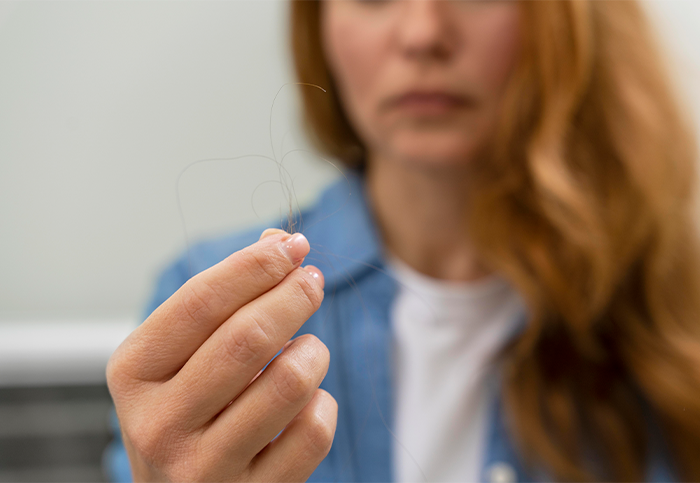Best Vitamins for Eye Health – Eye Supplements in Pakistan
Although every five of the senses are equally valuable to our body, but eyes are considered to be more sensitive and vital than the other four. Eye health is very important in living a proper life because our perceptions or thoughts are linked with what we see or observe. There are several vitamins and minerals responsible for managing eye health, and we will be discussing them one by one.
1. Vitamin A
The eye contains two kinds of photoreceptor; rods and cones. Rods help the eye to see in low light while the cones are responsible for the vision in a bright light. Rods contain a pigment, rhodopsin, which helps in better night vision and vitamin A is involved in the production of this pigment. This is why, Vitamin A is essential for a normal vision.
These two nutrients are yellow-colored pigments, naturally present in the macular region, behind the eyeball. These two are believed to be responsible for protecting the eye from harmful ultra-violet rays and promoting the eye health.
3. Zinc
Zinc is one of the strong antioxidants naturally present in our body, and in the eye too. It not only prevents the eye from oxidative damage but is also involved in the formulation of eye pigments. Zinc is responsible for transferring vitamin A from the liver to the eye, for the formation of the rhodopsin. This is why zinc deficiency may lead to night blindness and other age-related eye problems.
4. Vitamin C
Among all the vitamins, vitamin C falls in the category of the best antioxidants, along with vitamin E. These vitamins are essential to maintain the eye health, as they prevent the eye from oxidative damage. Vitamin C is abundantly present at the front part of the eye, protecting it from the attack of free radicals, and ultimately promoting the eye health.
What if a person is deficient in these nutrients?
All these nutrients are important for improving eyes health and their deficiency may lead to several eye problems.
• Night Blindness
• Cataracts
• Dry eyes
• Blurred vision
• AMD (age-related macular degeneration)
• Glaucoma
How to overcome these deficiencies?
There are two best possible ways of fulfilling nutritional deficiencies; one is through daily diet and the other is by the help of dietary supplements. Here are few dietary options which can help to promote the eye health;
• Foods like liver meat, milk, cheese, spinach, carrots, sweet potatoes, etc. (good sources of vitamin A)
• Egg yolk, spinach, pistachios and green peas are the best-known sources of lutein and zeaxanthin.
• Zinc is abundantly present in sea food and meat.
• Vitamin C is richly found in bell peppers, green chilies, citrus fruits, etc.
In some scenarios, people may require a quick supply of these essential nutrients, when diet is not enough to fulfill the requirements. And for that, Nutrifactor has formulated different dietary supplements to fulfill the requirements of multiple vitamins and minerals needed to improve the eye health.
1. Optivision
Nutrifactor’s Optivision is a dietary supplement that contains naturally occurring lutein and zeaxanthin to support the eye health. It helps to protect the eye from oxidative damage through strong antioxidant activity.
2. Nutra-C Plus
Nutra-C Plus is a dietary supplement of Nutrifactor which contains two of the best antioxidants; vitamin C and Zinc, to support the eye health. It also helps to build up a strong immune system to fight off different pathogenic organisms.
3. VitaBite
Nutrifactor’s VitaBite is a dietary supplement formulated of Vitamins A and D3. This dietary supplement not only helps in the healthy vision but also supports to build up a strong immune system. Vitamin A is involved in better vision at night.
All these dietary supplements are not to cure the eye problems, but may help to lower the risks, when used in combination with a diet rich in vitamins and minerals.
References:
• https://www.healthline.com/nutrition/eye-vitamins#TOC_TITLE_HDR_7
• https://www.webmd.com/eye-health/zinc-vision
• https://pubmed.ncbi.nlm.nih.gov/11349933/



